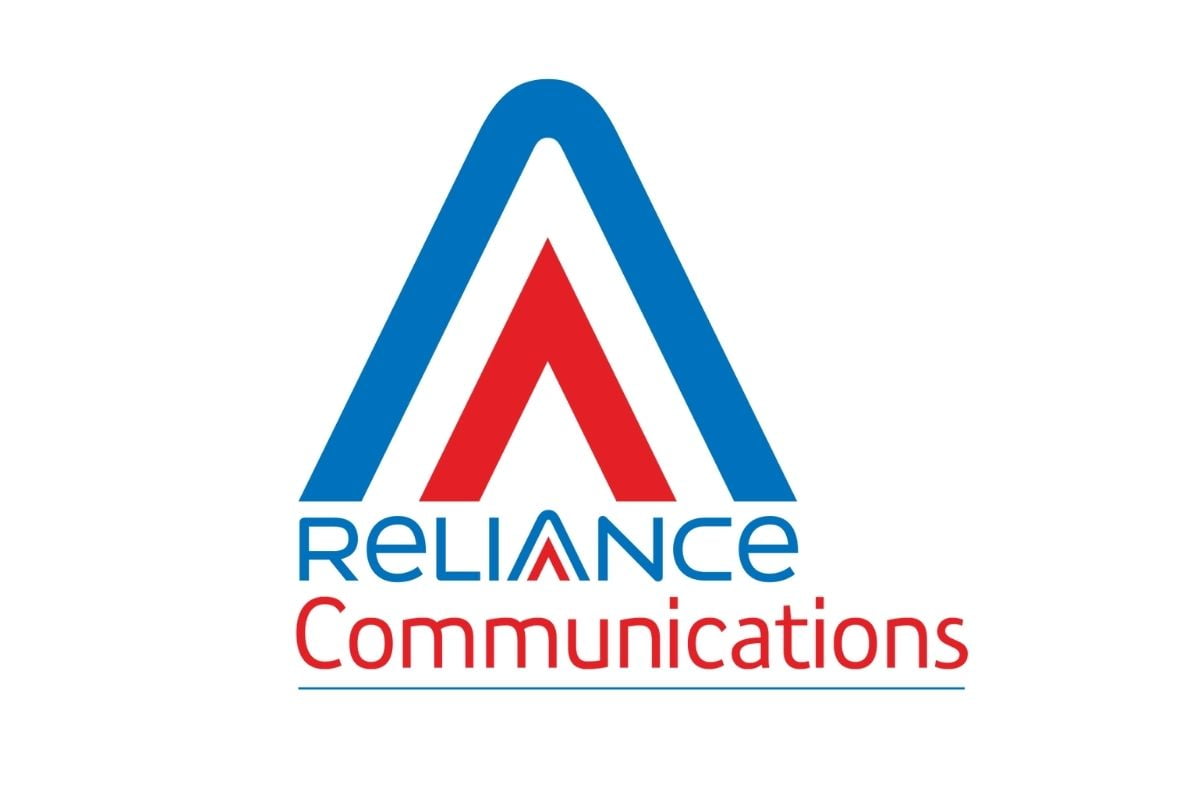
Reliance Communications has been the centre of attraction in the Indian telecom space since the company announced its financial position and bankruptcy. The situation has become worse for the RCom since the DoT has rejected the plea of renewing the telecom license for another 20 years. In the latest development, the resolution professional for Reliance Communications has stated to the bankruptcy court that the insolvency process will be ruined if the telecom watchdog will terminate the license due to unpaid statutory dues. As reported by ET Telecom, if the license of RCom will be cancelled, the company will have to surrender its spectrum, which is the most valued asset. Also, the 53 lenders will hit the wall in their recovery path if the spectrum is sold.
RCom Corporate Insolvency Resolution Process Will Fall Apart
Deloitte, the resolution professional for RCom, reached out to NCLT and stated that DoT is unlikely to renew the license of Reliance Communications, which is scheduled to expire on July 27. Ravi Kadam, a Senior Advocate representing the resolution professional, marked that in the absence of a telecom license, the entire corporate insolvency resolution process will fall apart.
RCom has to Pay Rs 26,000 Crore AGR Dues
At the moment, the only thing which can save RCom lenders from hitting rock bottom is the payment of AGR dues. DoT has asked Reliance Communications to clear its massive Rs 26,000 crore AGR dues for the renewal of the telecom license. Under the IBC proceedings, the asset reconstruction firm UVARCL was expected to pick up the spectrum for Rs 12,760 crores spread over 12 years with Rs 5 crore upfront payment.
The said amount is a massive part of the Rs 23,000 crore, which is being considered from the sale of assets in RCom and its units, which are Reliance Infratel and Reliance Telecom. The resolution plans of Reliance Infratel and Reliance Telecom are still to receive clearance by NCLT. The spectrum sale, which the lenders were expecting to pay away their share of investment, is standalone facing legal issues with DoT because of the unpaid statutory dues.















